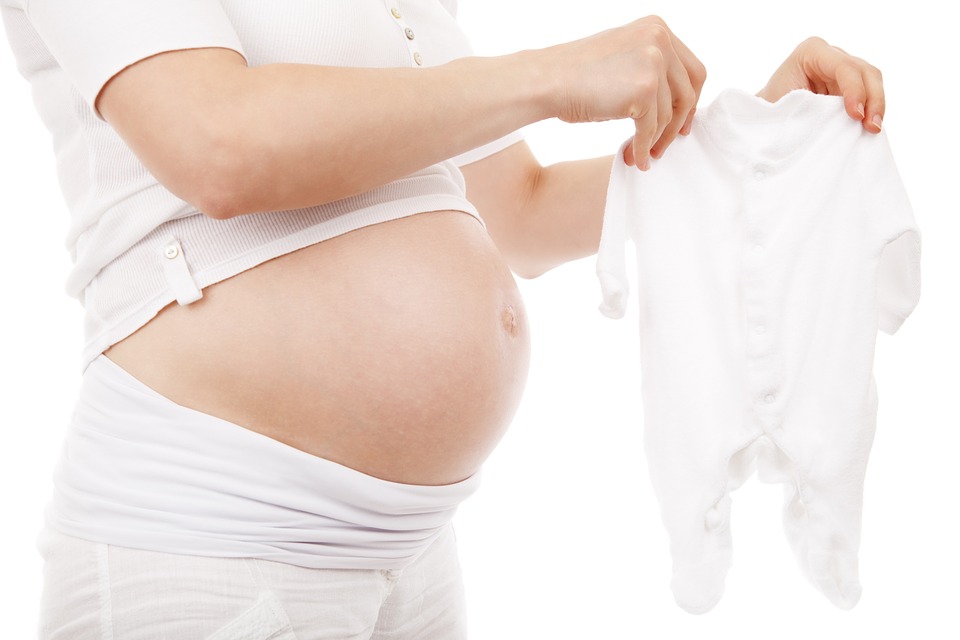Moms with MS more likely to have baby by C-section, induced delivery

Women with multiple sclerosis (MS) may not be at a higher risk of pregnancy complications like gestational diabetes, emergency cesarean section or stillbirth than women who do not have the disease, according to a study in the February 3, 2021, online issue of Neurology® Clinical Practice, an official journal of the American Academy of Neurology. However, the study did find that babies born to mothers with MS had a higher chance of being delivered by elective cesarean section (c-section) or induced delivery, and being small for their age compared to babies of women who did not have the disease.
“Women with multiple sclerosis may be understandably concerned about the risks of pregnancy,” said study author Melinda Magyari, M.D., Ph.D., of the University of Copenhagen in Denmark. “While previous research has shown there is no higher risk of birth defects for babies born to women with MS, there are still a lot of unknowns around pregnancy and MS. We wanted to find out if women with MS are at risk for a variety of pregnancy complications. We found overall their pregnancies were just as healthy as those of the moms without MS.”
The study involved 2,930 pregnant women with MS who were compared to 56,958 pregnant women without MS. All women gave birth between 1997 and 2016.
Researchers found no difference in risk of several pregnancy complications between women with MS and women without it. No differences were found in risk of preeclampsia, gestational diabetes, placenta complications, emergency c-section, instrumental delivery, stillbirth, preterm birth, congenital malformations or low Apgar score. Apgar score is a test of a newborn’s health, including measures like heart rate, reflexes and muscle tone immediately after birth.
Researchers did find that 401 of the 2,930 women with MS, or 14%, had an elective c-section, compared to 4,402 of the 56, 958 women without MS, or 8%, who had an elective c-section. After adjusting for other factors that could increase the likelihood of having an elective c-section, such as prior c-section and mother’s age, women with MS were 89% more likely to have an elective c-section.
Researchers also found women with MS were 15% more likely to have an induced delivery than women without the disease.
Also, women with MS were found to be 29% more likely to have babies that were born small for their gestational age compared to women without MS. Overall, 3.4% of women with MS had babies small for their gestational age, compared to 2.8% of women without MS.
“We think the reason more women with MS have babies by elective c-section or induced delivery may have to do with MS-related symptoms such as muscle weakness, spasticity or fatigue that might affect the birth,” Magyari said. “Any of these could make a mom more tired and lead to delivery complications that could prompt the clinician and woman to take extra precautions.”
Researchers also found that mothers with MS were 13% less likely to give birth to babies with signs of being deprived of oxygen, or asphyxia. Magyari said the higher prevalence of elective c-sections among women with MS most likely explains the corresponding lower odds of asphyxia.
A limitation of the study is the lack of data on the mothers’ smoking, which could cause babies to be born small for their gestational age.